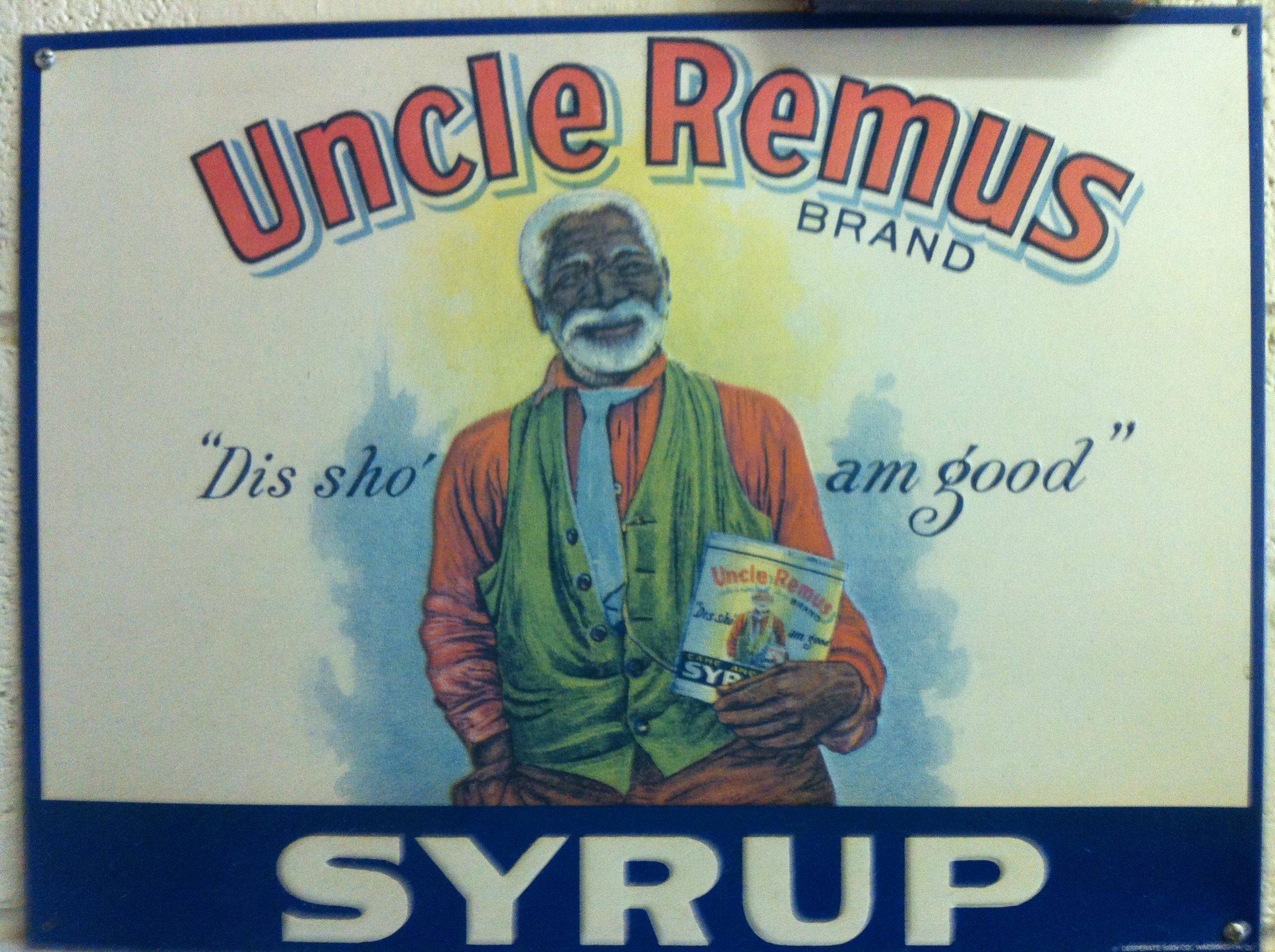As other people have said, it means "this sure is good."
The re-spelling of this as "Dis" represents the change of the voiced dental fricative /ð/ to a plosive [d]. This sound change occurs at the start of words in a number of varieties of English, including but not limited to what is called "African-American Vernacular English" (abbreviated "AAVE," which has also been called "Ebonics", although my impression is that this term is now considered outdated). It's generally seen as informal or uneducated.
The spelling "sho'" represents several phenomena: the change of the vowel in words like poor to rhyme with words like pore (which is widespread and not usually stigmatized), the loss of "r" at the end of syllables (accents that do this are called "non-rhotic"), and possibly the merger of non-rhotic "or" with the "o" sound of words like go (I don't know much about this last phenomenon: Wikipedia suggests it exists and calls it the "Show–sure merger", citing Wells (1982) in a sentence saying the merger occurs for "some southern U.S. non-rhotic speakers, some speakers of African American Vernacular English and some speakers in Guyana"). Similar examples are the spelling "ho(')" (used to represent a particular pronunciation of the word whore) and "po(')" (for poor).
The use of am rather than is is in my opinion the most interesting part of the text, as it's an actual grammatical difference. I wasn't familiar with this usage before, and the Wikipedia article doesn't seem to mention it, but the Oxford English Dictionary does have a relevant note about "am" used as the third-person singular form of "be":
U.S. regional (chiefly south. and in African-American usage) and Eng.
regional 18– am.
[...]
1977 G. Smitherman Talkin &
Testifyin 15 Everything I tells you am the truth.
It is not a part of standard English at all, and it looks like it may not be part of most varieties of modern AAVE either, but it isn't necessarily just a racist invention of the ad writer. Some people apparently do, or did, use "am" this way in speech. I hadn't encountered this usage before reading your post.
Jason Orendorff left a comment (which has now been moved to chat) mentioning an anecdote associating non-first-person "am" with the South in general, rather than with African-American English in particular:
The only time I've ever encountered am used this way is in a 1988 column by Atlanta humor columnist Lewis Grizzard. It was about Presidential candidate Michael Dukakis preparing to visit the South. From memory: "Grits have always puzzled me," he says to an aide. "Is it 'grits is' or 'grits are'?" "Am, sir." is the reply. Dukakis tries it out: "These grits sho'nuff am good."
(If you Google "These grits sho-nuff am good", you can find links to historical newspapers confirming the existence of the 1988 column by Lewis Grizzard.)
Overall, it is an example of stereotypical vernacular that was associated with Southern black speakers. Each of the dialectal features seems to have a basis in reality, although the use of them together with the fictional "Uncle Remus" character in the ad is obviously intended to evoke a particular effect and probably wasn't motivated by concerns of realism.

